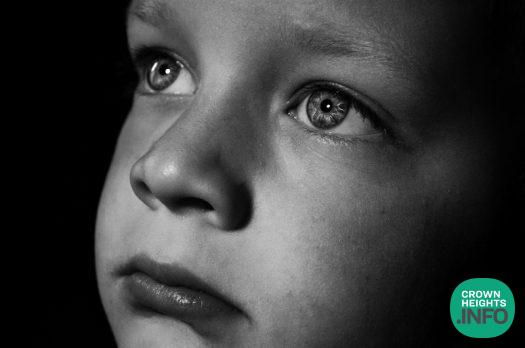
A Son’s Silence, a Mother’s Plea: A New Beginning
Sarah was losing her son, and she knew it. Not in the physical sense, but to a silence that had consumed him since his father left. Ten-year-old Leo, once a whirlwind of noise and laughter, had retreated into himself. His report cards came back with scrawled notes about “disengagement,” and he began to lash out at home. His room, a place of vibrant LEGO creations, had become a fortress he refused to leave.
The absence of his father had created a chasm in Leo’s life. He didn’t know how to process the mix of confusion, anger, and betrayal that came from watching a parent be consumed by addiction. The silence was his way of coping, a shield against the pain he couldn’t verbalize.
Sarah, a single mother working two jobs to keep their small apartment, felt helpless. She’d called therapists, but the costs were staggering – hundreds of dollars a week, a sum that might as well have been a million. Each quote felt like a door slamming shut.
“I remember just crying on the phone,” she said, her voice still raw with the memory. “I was told my son needed help, but the only thing standing in the way was money. It was the worst feeling in the world.”
That’s when a friend told her about the Bereishis Foundation. The name means “in the beginning” in Hebrew, and for Sarah and Leo, it was exactly that. Hesitantly, she filled out the foundation’s simple online form. There were no invasive questions, no long waiting lists, just a promise of help. Within days, she received a call from a compassionate case manager. The foundation’s model was straightforward: they would pay for Leo’s therapy with a professional of Sarah’s choosing, removing the financial barrier entirely.
“I didn’t believe it at first,” Sarah confessed. “I thought there had to be a catch. But there was nothing. They just said, ‘Find the right person for your son, and we’ll handle the rest.'”
She found a child psychologist who specialized in trauma. Leo’s initial sessions were a struggle, filled with silence and shrugs. But slowly, with the pressure of weekly bills lifted, Sarah watched a transformation begin. The therapist gave Leo an outlet, a place where he could talk about his feelings without judgment. He began to learn how to name the emotions that were bubbling inside him and to process the complex grief he was silently carrying – grief not for a father who was gone forever, but for one who was lost to something else entirely.
After six months, the fortress of Leo’s room began to crack. He started coming to the dinner table again. He asked his mother to help him with his homework. One evening, he pulled out his old LEGOs and, with a shy smile, asked Sarah to build with him.
“It was the first time in a year I had seen his eyes light up,” she said, her own eyes welling with tears. “The Bereishis Foundation didn’t just pay for a few sessions. They gave me back my son.”
Leo’s story is not unique. Across the country, the Bereishis Foundation works quietly, discreetly paying for the mental health care of children whose families have nowhere else to turn. They are a lifeline for those for whom therapy is a necessity, not a luxury. In an era where childhood mental health is at a breaking point, the foundation’s simple act of faith – trusting parents and removing the financial burden is a powerful testament to the idea that every child deserves a chance at a new beginning.











anan
fantastic job!